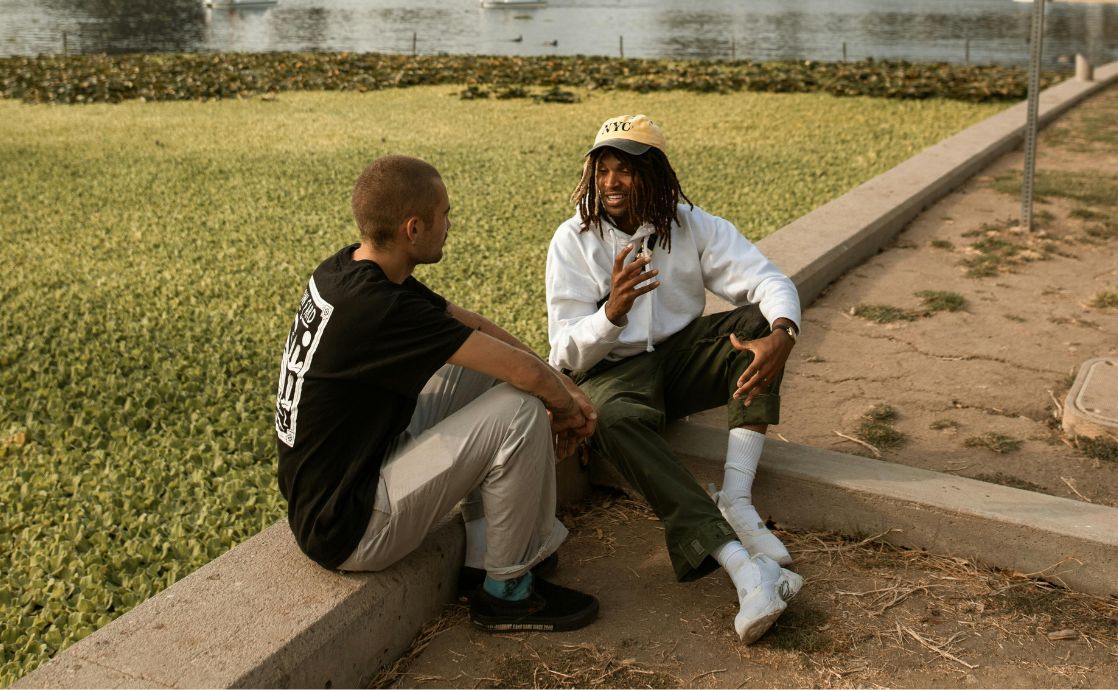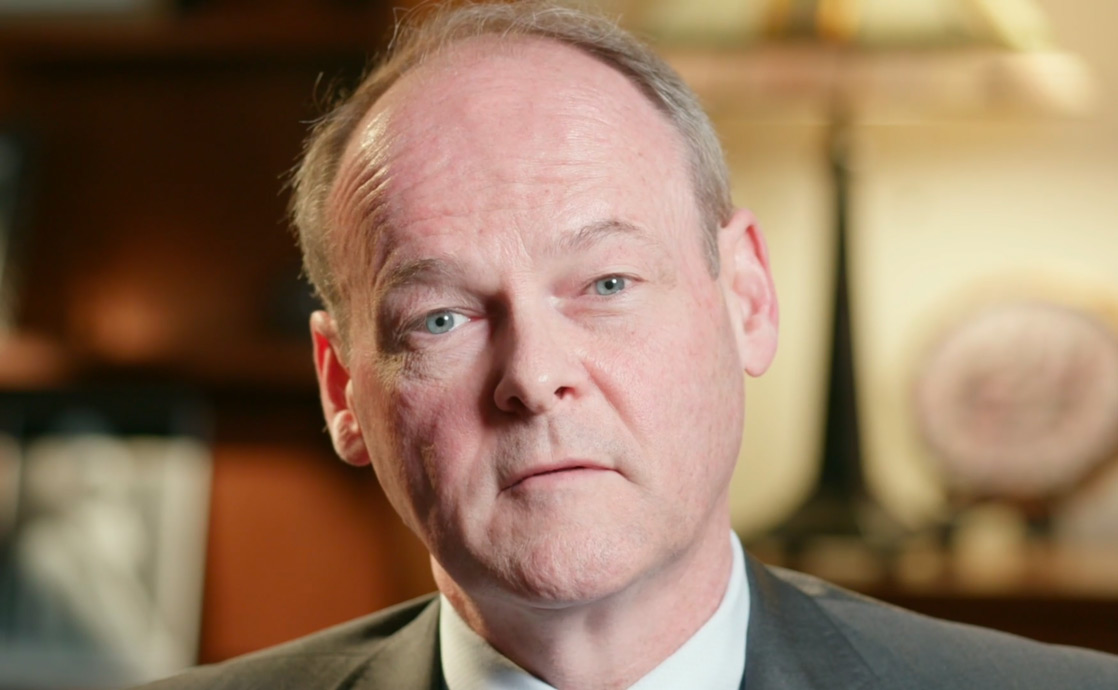5 Reasons Why Muhammad Is Not The Seal Of The Prophets
The concept of Muhammad as the “Seal of the Prophets,” as articulated in Islamic tradition, holds significant theological weight within the framework of Islamic belief. This designation implies the finality of prophetic revelation, thereby suggesting that no subsequent prophetic figure would hold the same status or authority. However, from a Bahá’í perspective, there are compelling … Read more








